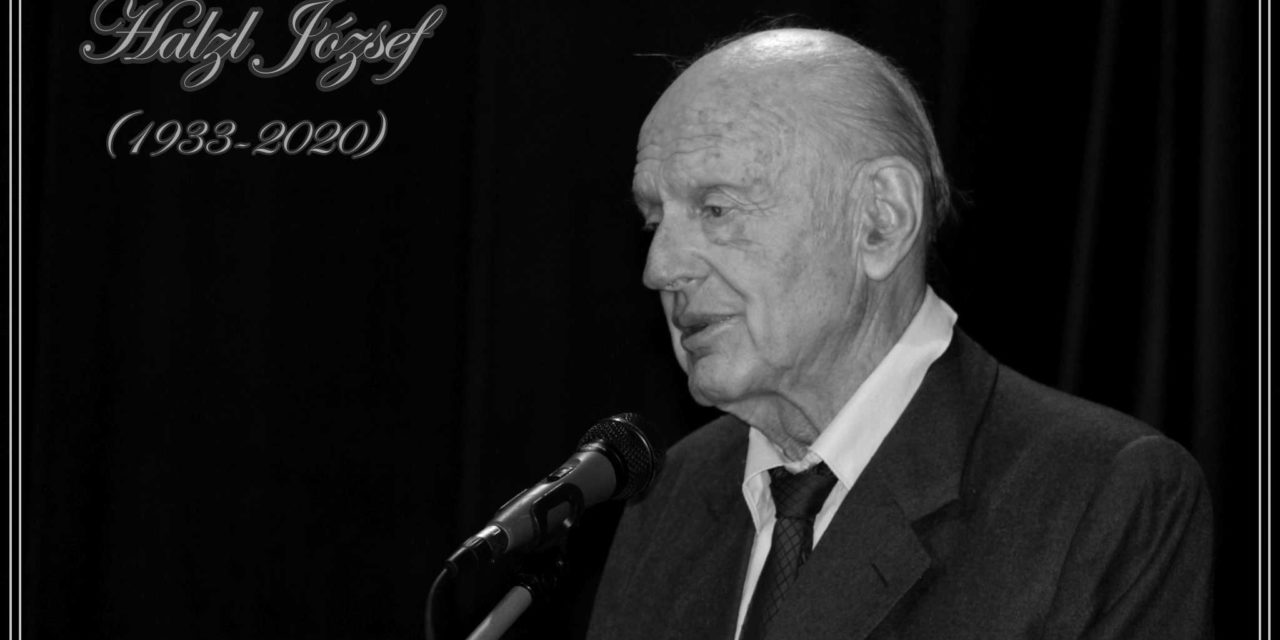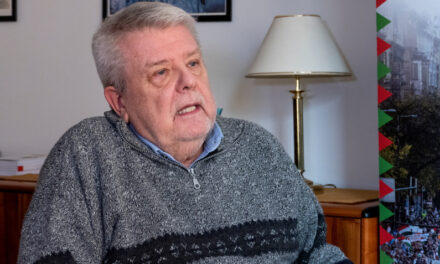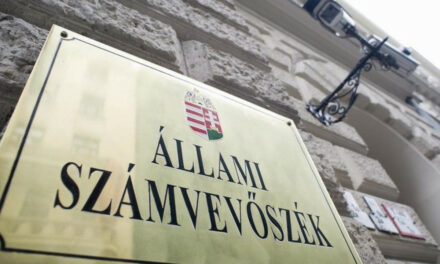The Rákóczi Association has been at the service of national politics in difficult times as well as in more fortunate times, said Gergely Gulyás, the minister in charge of the Prime Minister's Office, at the conference held in Budapest on Saturday in Budapest in memory of the organization's hereditary and honorary president, József Halzl.
The minister emphasized: since 1990, national politics has changed depending on whether a civilian government was in power or not. Although the Horn government considered it an obligation, after 2002 the denial of national politics became part of the left.
After 2010, government policy and the activities of the Rákóczi Association found each other, so József Halzl, who passed away a year ago, could see the results of his own work come to fruition and strengthen the association. You could also see that today in Hungary, according to the hopes, there is a majority of the thinking and politics that consider the unified Hungarian nation as the guiding principle.
József Halzl, even though he was a community person all his life, became active in public life during the system change, so that he could do as much for the nation as possible. Playing a role in public life was natural for him, he considered all forms of this as a service, deploying his almost unparalleled expertise and organizational skills, said the politician. He added: It soon became clear to József Halzl that he could give the most in the field of national politics, not in daily political debates, in an age when the biggest debt of the communist dictatorship was in this area "after decades of denied community"...
...In his letter addressed to the conference Zsolt Semjén brought to life: the figure and activities of József Halzl and the national service of the Rákóczi Association, which helped the creation and development of Hungarian national policy, are still decisive for him.
He emphasized: national policy is the cornerstone of the government's activities, and by granting citizenship and the right to vote abroad, the nation was reunified under public law.
Katalin Szili , former Speaker of the Parliament, prime minister's representative, spoke of József Halzl as one of the last renaissance men in the globalizing and overspecialized world, an admirer of Hungarian and universal culture, whose goal was "to save the future of the nation and the future of the future together." nation". He recalled: József Halzl believed that "education in the Hungarian language is Hungarian survival, and Hungarian survival is Hungary's future".
Zsolt Németh , the chairman of the Foreign Affairs Committee of the Parliament, pointed out that without the real independence of the nation, it is not possible to find a solution to the thousands of problems caused by fragmentation. He emphasized that József Halzl created a coherent system with the Rákóczi Association, which became a model for the national strategy. He added: the organization did not implement an ideology, but gave an appropriate response to an elementary social need when it began to heal Trianon's wounds, always looking at what could be built, not where confrontations could be made. He showed what can be achieved as a citizen with this perception...
Krisztián Forró , as the most dedicated person in Hungary . He emphasized that József Halzl did everything to turn even the latent spark of Hungarianness into a blazing flame, he went to the smallest villages to convince parents to choose a Hungarian school, or to encourage people to declare their Hungarianness before the census, to vote for Hungarian parties encourage me.
László Brenzovics , the president of the Subcarpathian Hungarian Cultural Association, recalled that: after Trianon, Hungarians "disintegrated", so people were needed to rebuild the bridges between Hungarians in the homeland and abroad. He mentioned József Halzl as one of them, who made Hungarian education across the border a key issue, among other things, with his campaign in favor of the choice of Hungarian schools.
Csongor Csáky , the president of the Rákóczi Association, emphasized: József Halzl was "the heart and soul of the association", whose work and strategic thinking determine the organization's life. The Carpathian Basin network supporting Hungarian school choice has been developed and currently operates in 57 regions.
Source: MTI
(Header image: velvidek.ma)












